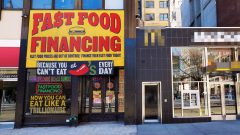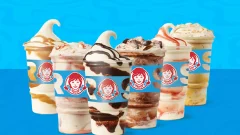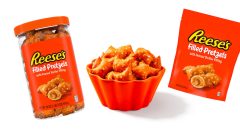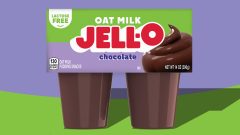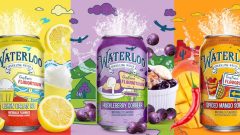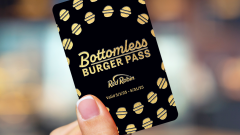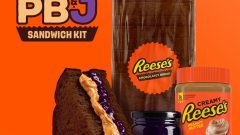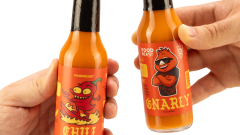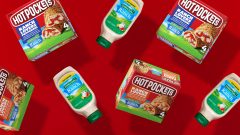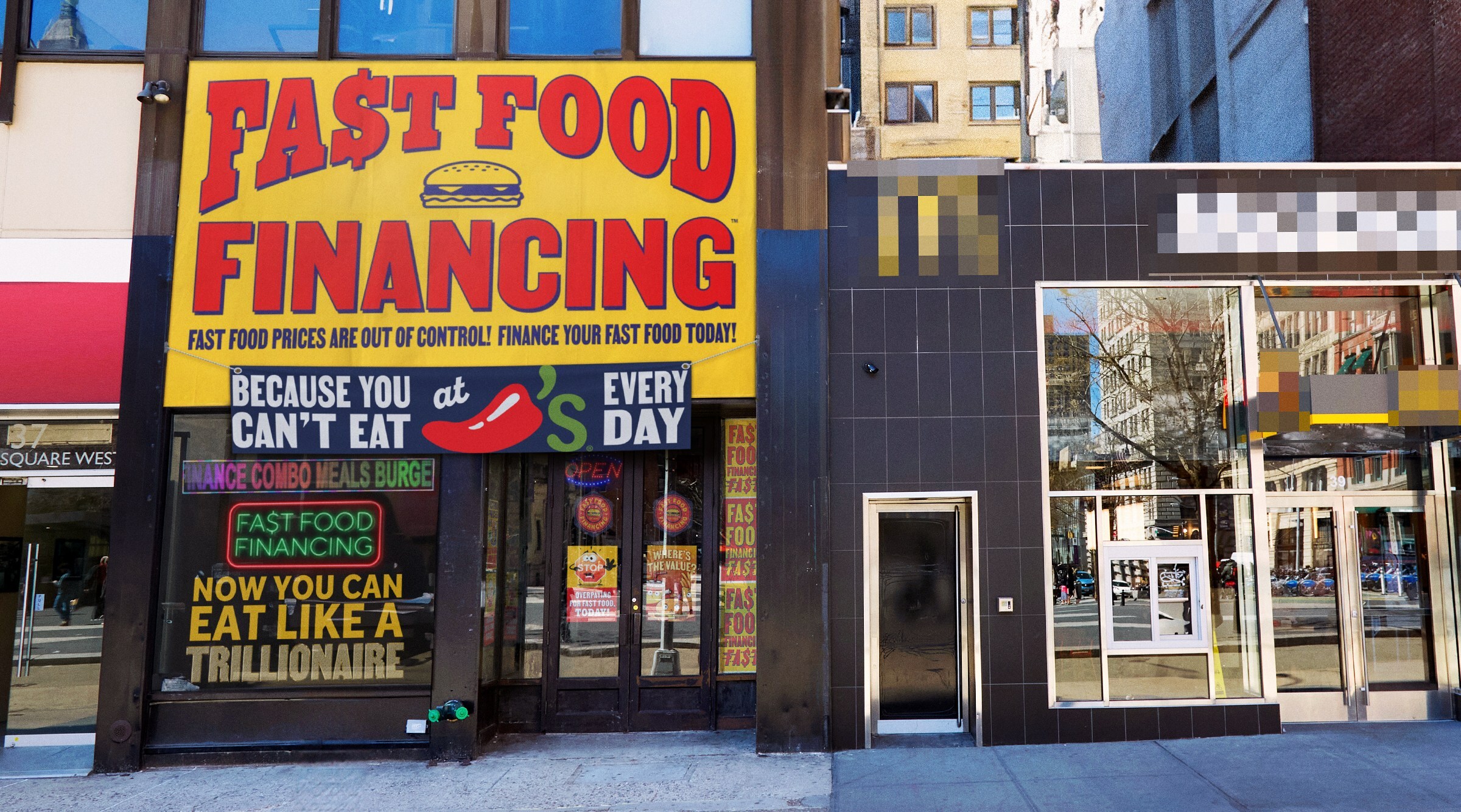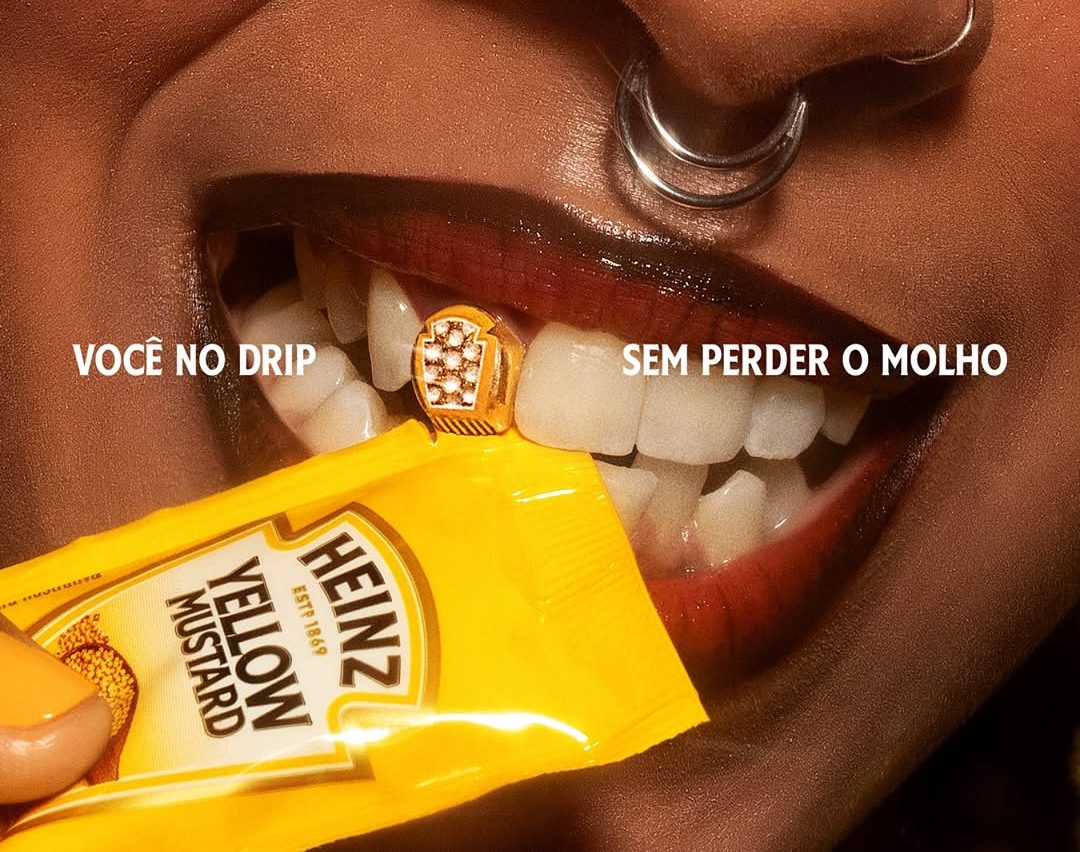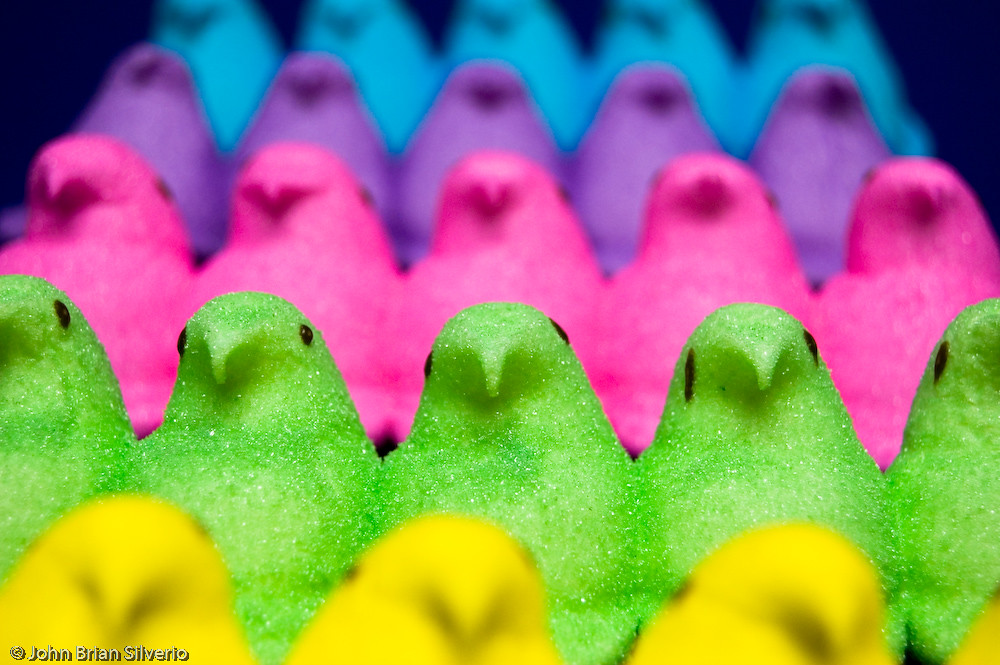1 In 5 Yelp Reviews Are Fake, What Yelp Has to Say About It
According to MarketWatch, 20 percent of Yelp reviews are fake, or as Yelp likes to put it, “suspicious.” In a study dubbed Operation Clean Turf, NY Attorney General Eric Schneiderman led a year-long investigation that ended in an agreement with 19 companies to cease the practice of creating fake online reviews. The companies also agreed to pay more than $350,000 in fines for false advertising.
Many of these businesses were guilty of paying freelance writers from the Philippines, Bangladesh, and Eastern Europe between $1 to $10 per review. Despite Yelp forbidding the use of paid reviews, a study by Michael Luca, an assistant professor at Harvard Business School, and Georgios Zervas, an assistant professor of marketing at Boston University, reports that fraudulent Yelp reviews rose from 5 percent in 2006 to 20 percent in 2013. The study predicts that the number may have risen to as high as 25 percent, unsettling news for avid fans who use Yelp as a go-to resource.
When a one-star boost on Yelp can lead anywhere from a 5 percent to 9 percent increase in restaurant revenue, it isn’t difficult to figure out why businesses are tempted to hire these companies that pump out faux reviews.
“Our findings suggest that unethical decision making is a function of incentives, rather than of unethical businesses,” Luca explains. “Organizations are more likely to game the system when they are facing increased competition and when they have poor or less established reputations… More generally, this casts light on the economic incentives that lead organizations to violate ethical norms.”
In an email to BGR, Yelp addressed MarketWatch’s report on Luca’s study:
The study confirms what Yelp has long known: businesses will try to submit phony reviews about their business or competitors. That’s why Yelp uses sophisticated software to filter out suspicious and less trustworthy reviews. As a result, Yelp only publishes about 75% of reviews submitted; the remaining 25% — including those highlighted in the study — are relegated to our filter and not recommended. So, while there may be some people who are still surprised to learn that businesses try to mislead consumers with phony reviews, the good news is that Yelp has been on the case since the very beginning.
So how do you tell the difference between a fake and real review sans fancy algorithms? Check out the tone of the review. Is it overly positive or negative? Fake reviews tend to be extreme, as there’s not much incentive for a restaurant to give themselves neutral coverage. The source is also a dead giveaway — if a Yelper writes a particularly damning or laudatory review but has close to zero other reviews, it may be reason to raise that red flag.
H/T MarketWatch + PicThx Yelp

